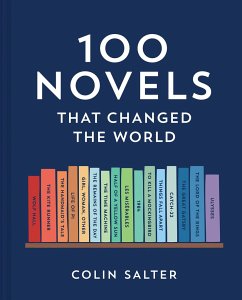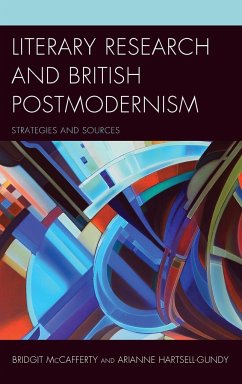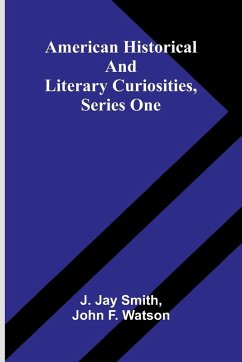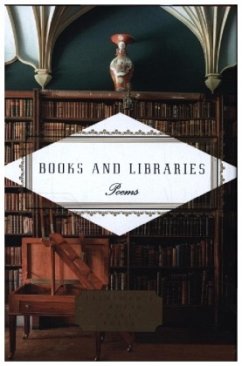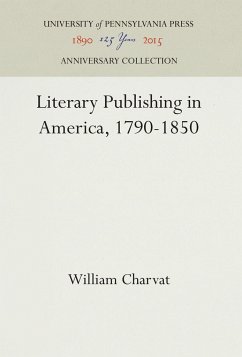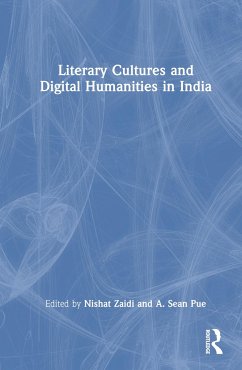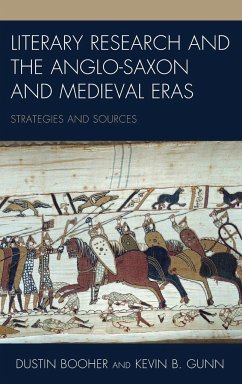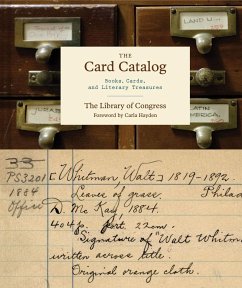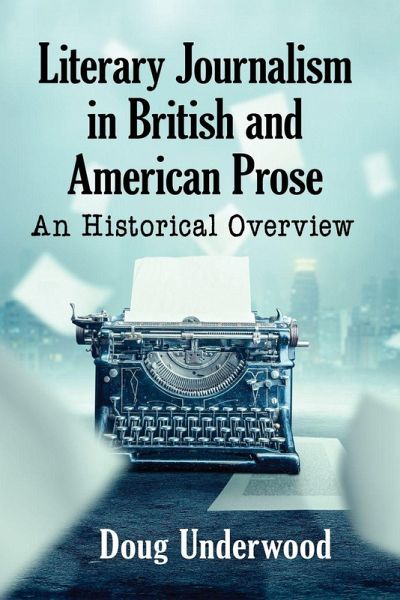
Literary Journalism in British and American Prose
An Historical Overview
Versandkostenfrei!
Versandfertig in 1-2 Wochen
59,99 €
inkl. MwSt.

PAYBACK Punkte
30 °P sammeln!
The debate surrounding "fake news" versus "real" news is nothing new. From Jonathan Swift's work as an acerbic, anonymous journal editor-turned-novelist to reporter Mark Twain's hoax stories to Mary Ann Evans' literary reviews written under her pseudonym, George Eliot, famous journalists and literary figures have always mixed fact, imagination and critical commentary to produce memorable works. Contrasting the rival yet complementary traditions of "literary" or "new" journalism in Britain and the U.S., this study explores the credibility of some of the "great" works of English literature.




